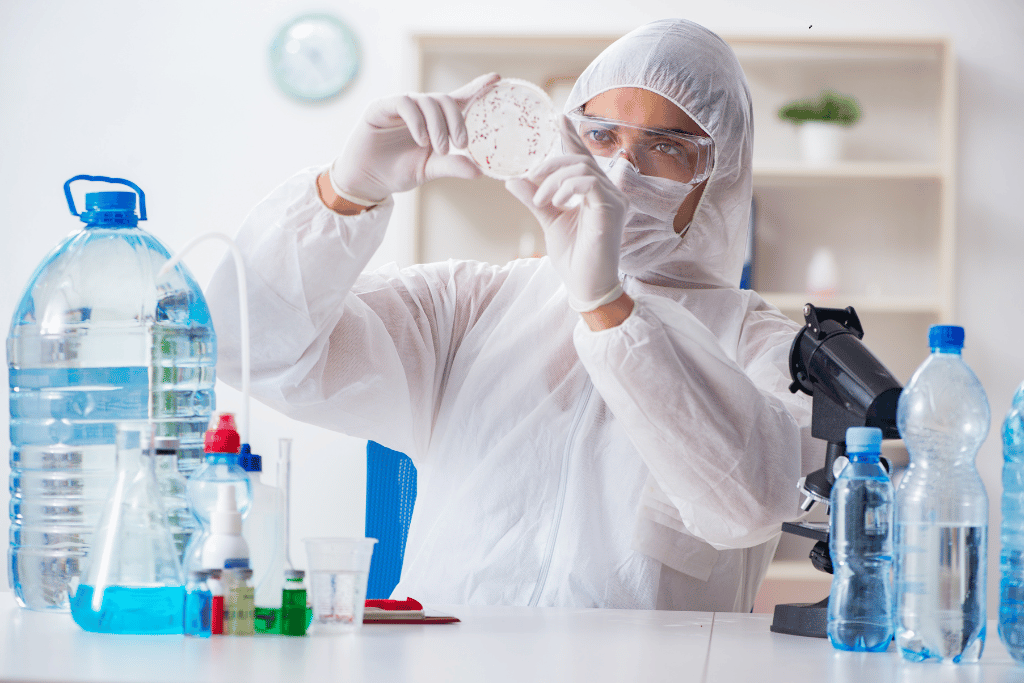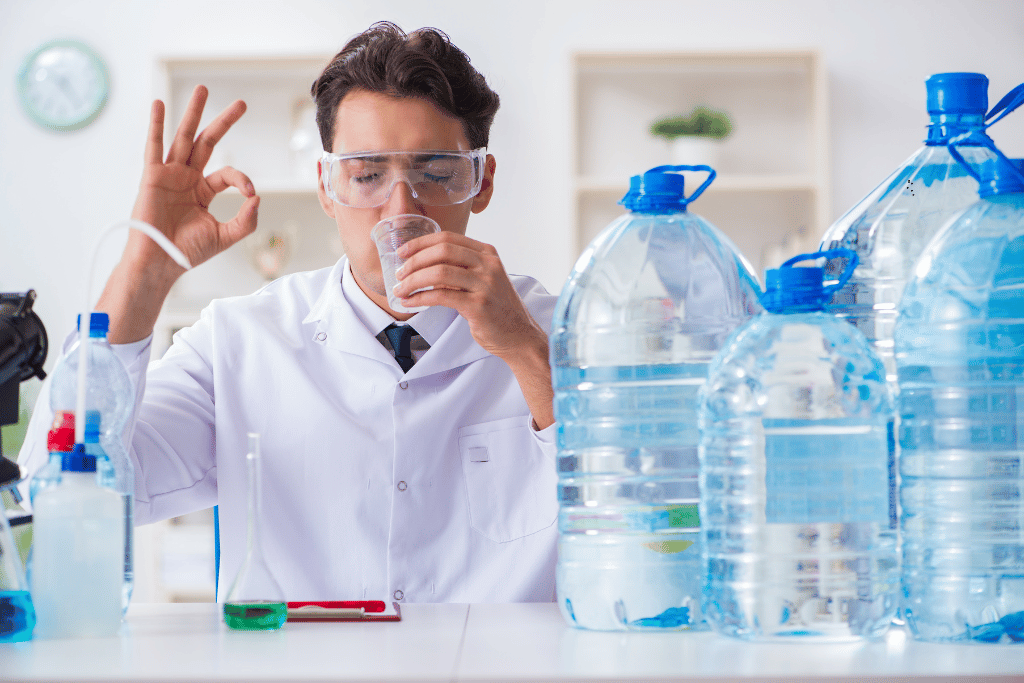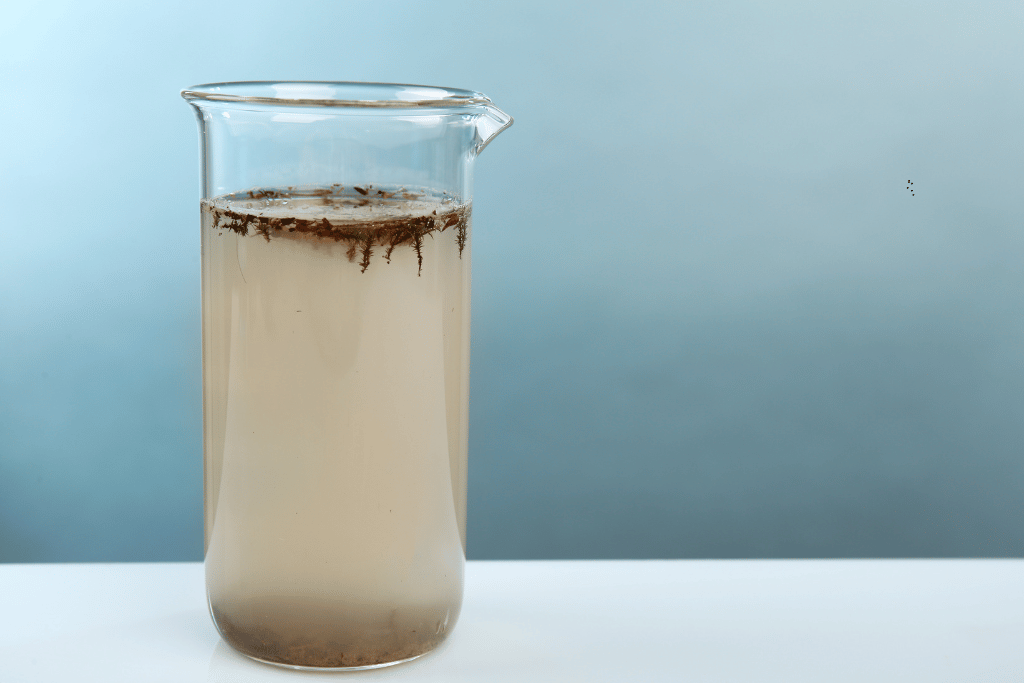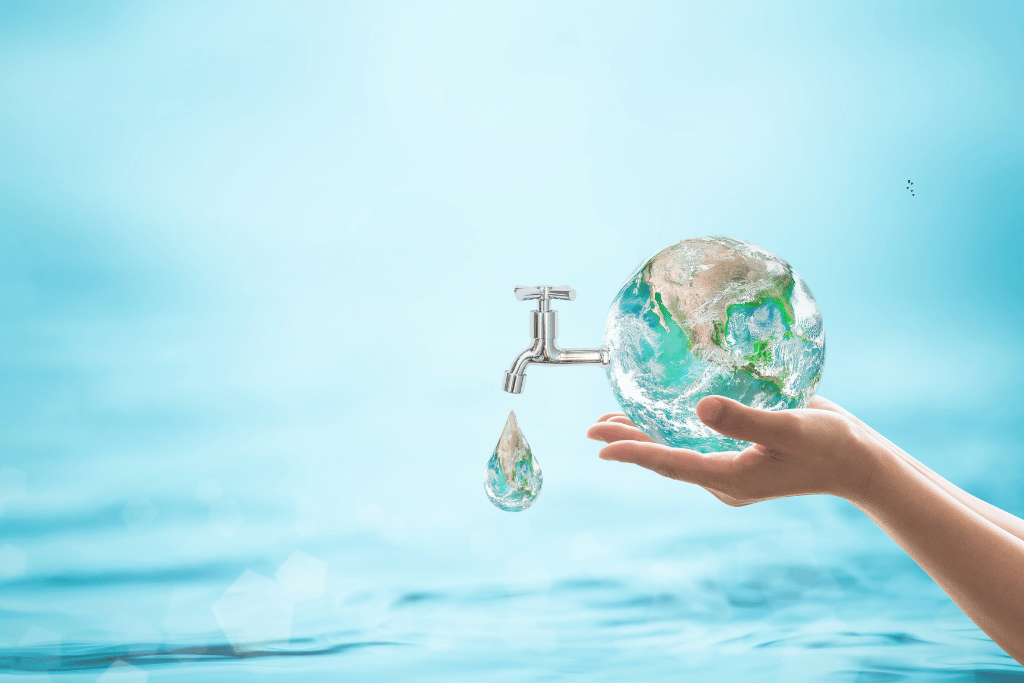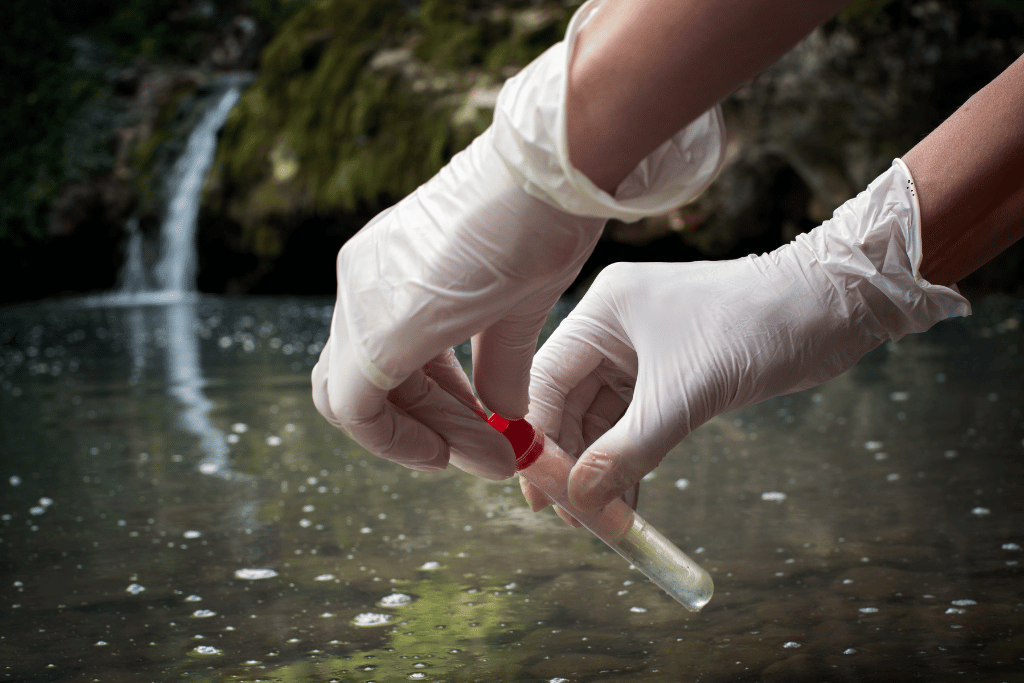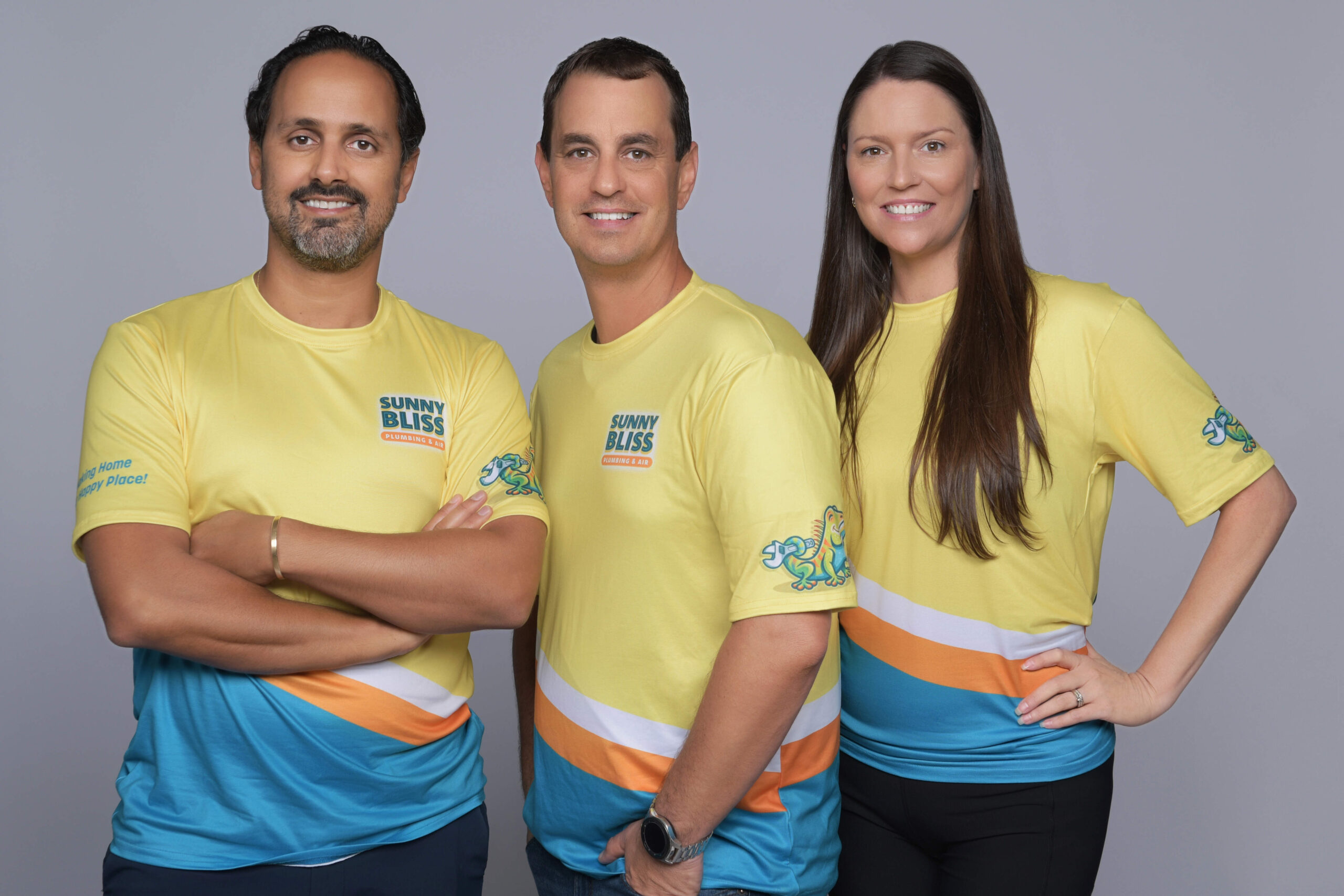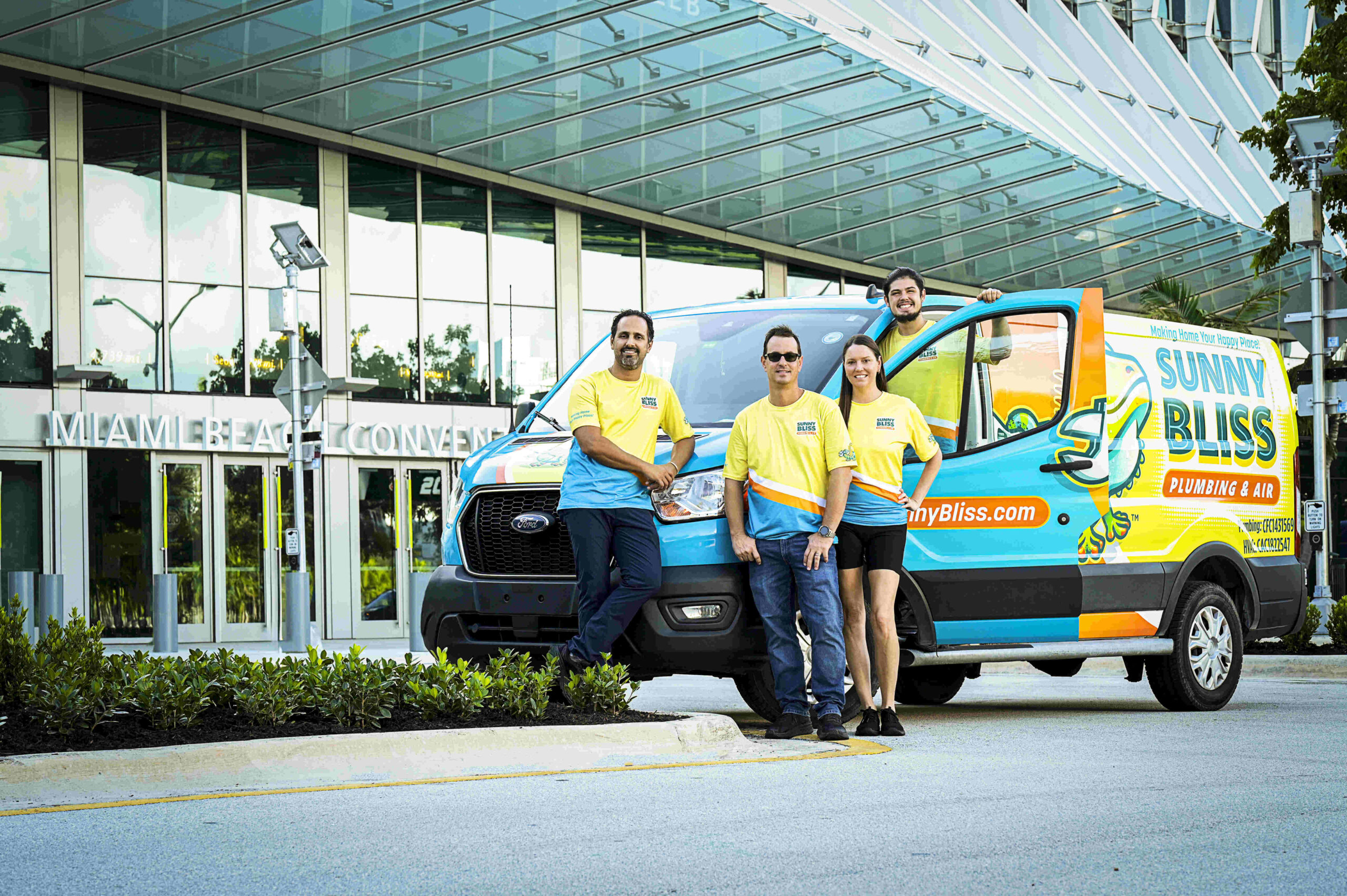Despite the growing awareness of water quality issues, many misconceptions persist. Let’s debunk some of the most common myths:
Myth 1: Bottled Water is Always Pure and Safe
While bottled water is often perceived as a superior alternative to tap water, it’s important to note that it’s not always guaranteed to be safer or cleaner. Many bottled water brands source their water from municipal supplies, which are subject to the same regulations as tap water. Additionally, bottled water can become contaminated during the bottling process or storage.
Myth 2: Boiling Water Kills All Contaminants
While boiling water can effectively kill many harmful bacteria and viruses, it’s not a panacea for all water quality problems. Boiling water cannot remove chemical contaminants, heavy metals, or certain types of parasites. In fact, boiling water can sometimes concentrate certain minerals, making it less desirable for drinking.
Myth 3: Clear Water is Clean Water
The clarity of water is not a reliable indicator of its safety. Water can appear clear even if it contains harmful bacteria, viruses, or chemical contaminants. The only way to truly assess water quality is through laboratory testing.
Myth 4: Old Pipes Don’t Affect Water Quality
Older pipes, especially those made of lead or copper, can leach harmful metals into drinking water. Over time, these metals can accumulate in the water, posing health risks, particularly for children and pregnant women. Regular water testing and potential pipe replacement can help mitigate these risks.
Myth 5: Water Filters Can Remove All Contaminants
While water filters can effectively remove certain contaminants, such as chlorine and sediment, they may not be as effective against other pollutants, including heavy metals and persistent organic pollutants. The type of filter and its maintenance are crucial factors in determining its effectiveness.
To ensure the safety and quality of your drinking water, it’s essential to rely on reliable information and professional testing. Sunny Bliss offers comprehensive water quality testing services to identify potential contaminants and recommend appropriate treatment solutions.
